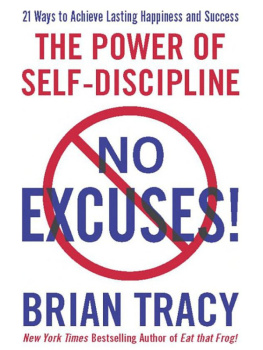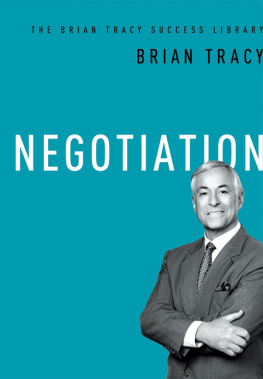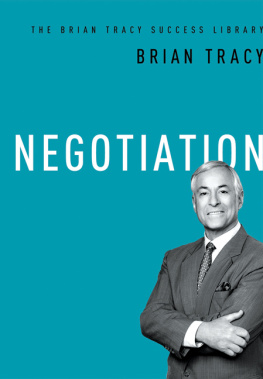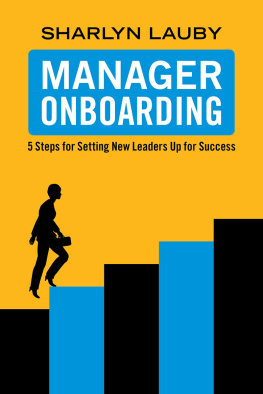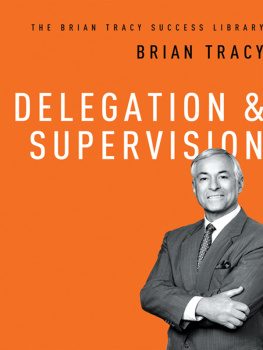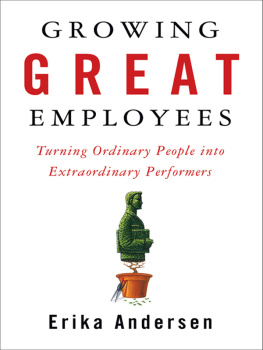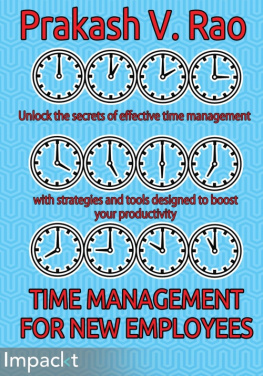For additional insights on how to enhance your leadership skills, be sure to read William Cohen's The Practical Drucker [ISBN 978-08144-33492; $25.00 (retail); also available as an e-book]. It gives you forty of Drucker's most useful observations and how to apply them.
CHAPTER | ONE
General Business Ethics
Peter Drucker was extremely ethical in his outlook as well as in his actions. On a personal level, he was one of the most principled individuals I have ever met. From both his writing and his classroom lectures, it was clear that he sought to arrive at basic ethical principles that were essential for business. He believed that ethical behavior was an absolute requirement of all organizational leaders, that they should incorporate integrity and ethics into how they conducted their business. First and foremost, he concluded that while followers would forgive an organizational leader much, they would not forgive a lack of integrity in personal dealings. However, Drucker well understood that interpretations of ethics and integrity might vary and therefore it was not easy trying to derive a common point of ethics that would be applicable as general business ethics.
Drucker Investigates Business Ethics
As he grappled mightily to understand ethics, Peter Drucker cast a wide net, beginning with ethical philosophies from the Western tradition and expanding his search both geographically and historically. He did find a single point of complete agreement, and one point only, in which an ethical code of sorts applied universally. (More about that later.) There were usually various types of extenuating circumstances within all ethical interpretations. For example, clemency might be granted to someone who violates a code of ethics under certain circumstances. Thou shalt not steal is one of the Ten Commandments. Yet a mother stealing to feed a starving child might be excused as committing a lesser evil for a greater good. Differences in ethics owing to differences in social or cultural mores might also be accepted.
Javier Bardem won an Academy Award for Best Supporting Actor for his role as the villain and killer Anton Chigurh in the movie No Country for Old Men. Asked who Chigurh was, Woody Harrelson's character, Carson Welles, responded: Anton is a man of principle. But he just doesn't follow the same principles that you and I might agree should be followed.
In fact, practices of questionable morality by one individual, or a group of individuals, might not only be considered acceptable but also quite ethical.1 For example, extremists who willingly blow themselves and innocent bystanders up with explosives for their radical version of Islam consider their actions to be ethical, while others might vigorously disagree.
But what about doing things in business that are clearly unethical? Can business ethics be defined in this manner? This came up in Drucker's class, and I also found his response in one of his books: Hiring call girls to entertain visiting executives does not make you unethical. It merely makes you a pimp.2 This brought general laughter in class, but it was clearly representative of Drucker's limitations of business ethics.
Extortion or Bribery
Drucker noted that bribery was hardly desirable from the viewpoint of the victim who was being extorted. It had been made illegal for U.S. companies through a law prohibiting the payment of bribes to obtain foreign contracts. This bribery was cited as a gross violation of business ethics.
But Drucker was very clear on this. He thought it was stupid to pay bribes. However, was paying bribes in itself a violation of the law or of business ethics? Most countries have laws against bribery. Yet it is a fact that bribery, as we define it, is routine and expected in some of these countries. Several of the countries recognize baksheesh as the traditional way of doing business. Their citizens may ignore any local laws that have been enacted, regarding them as window dressing and not part of their own culture.
Drucker noted in his investigation that a private citizen who was extorted into paying a bribe to a criminal might be considered foolish or a helpless victim of intimidation. And certainly paying extortion is never desirable. But this was clearly not an ethical issue on the part of the individual who might be forced to face a greater ethical threat, not to himself, but to members of his family or the general public. He objected to any new business ethics that might assert that acts not immoral or illegal if done by private citizens would become immoral or illegal if done in the context of a business organization without examining the circumstances. They might be stupid, they might be illegal, and they might be the wrong thing to do. However, they do not necessarily constitute business ethics.
The Ethics of Social Responsibility
Drucker looked closely at casuistry, or rationalization. Casuistry might also be termed cost-benefit ethics, or ethics for the greater good. Essentially it says that someone in power, such as a CEO, a king, or a president, has a higher duty if it can be argued that his behavior confers benefits on others. So, it is wrong to lie, but in the interests of the country or the company, or the organization, it sometimes has to be done. Drucker maintained that this was too dangerous a concept to be adopted as business ethics because a business leader could use it to justify what would clearly be unethical behavior for anyone else.3 Drucker looked further.
The Ethics of Prudence
To be prudent means to be careful or cautious. It is a rather unusual philosophy for an ethical approach, but admittedly it has some benefits.
Drucker gave an example of prudence that pertains to senior military officers. He said that Harry Truman, at the time a U.S. senator, gave this advice to a general officer witness before his committee in the early years of World War II: Generals should never do anything that needs to be explained to a Senate Committeethere is nothing one can explain to a Senate Committee.4
He thought that Truman's advice may be pretty good for staying out of trouble, but it was not much of a basis for ethical business decision making. For one thing, it doesn't tell a person anything about what the right kind of behavior is. For another, there are decisions that a leader must make that are risky and that may be difficult to explain, especially if things go wrongbut they may nevertheless be the correct decisions to make.
The Ethics of Profit
Though he called it The Ethics of Profit, it is not what you might think. Drucker did not say anything about limiting profits. Much to the contrary, he wrote that it would be socially irresponsible, and most certainly unethical, if a business did not show a profit at least equal to the cost of capital, because failing to do so would waste society's resources.5 However, the only logical rationale for the justification of profit was that it was a cost. His advice was as follows: Check to see if you are earning enough profit to cover the cost of capital and provide for innovation. If not, what are you going to do about it?6


